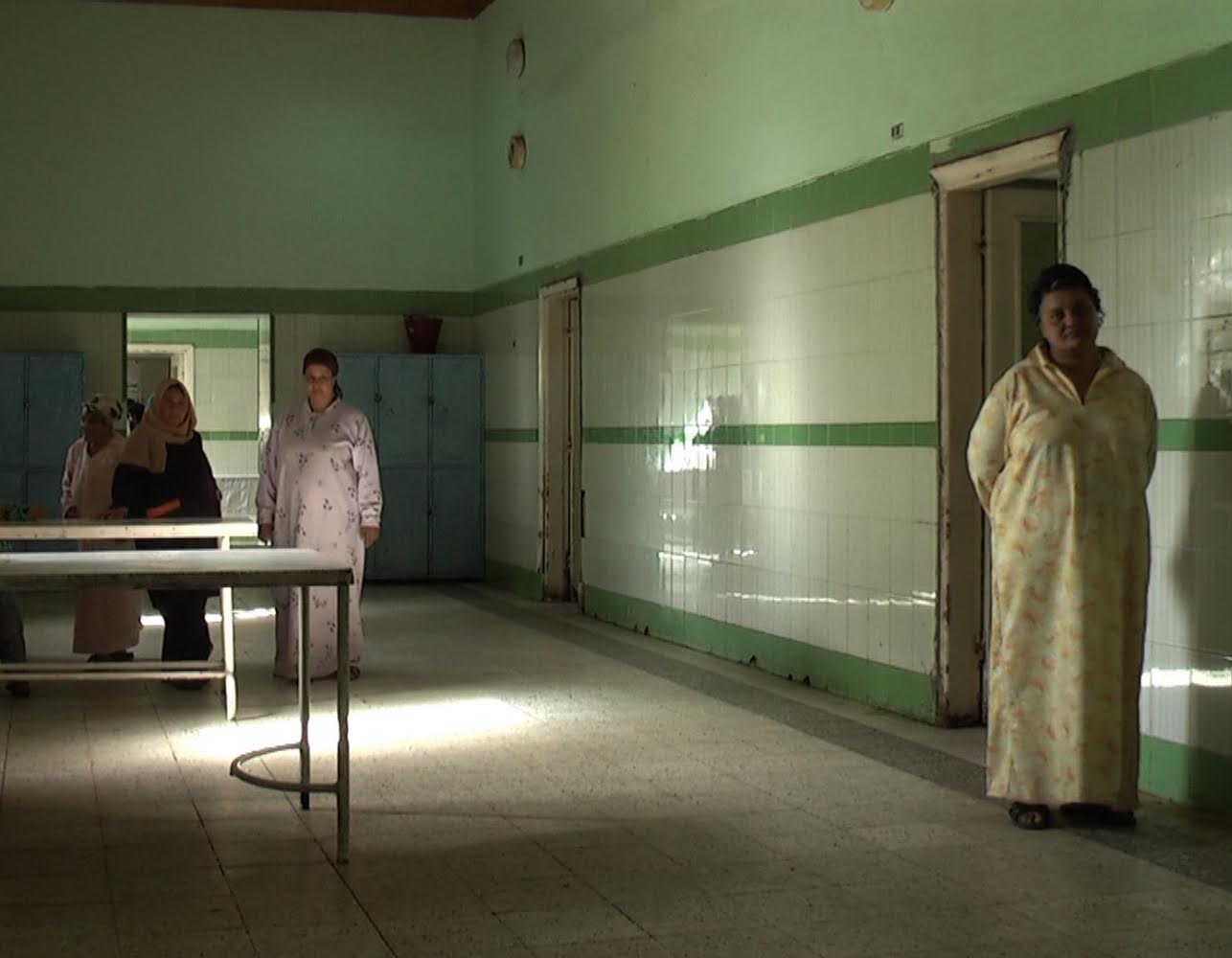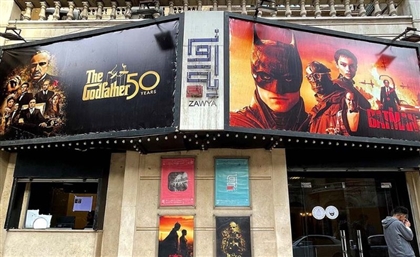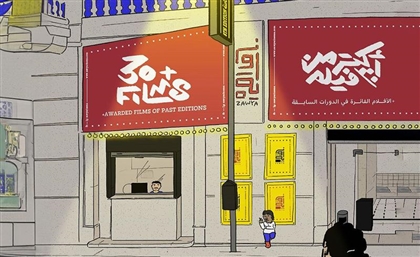Film Review: Zelal
Zawya's final special screening of the season was Zelal; Marianne Khoury's last feature documentary, which delves into the hidden world behind the closed doors of Egypt's psychiatric institutions.

Tuesday marked the last day of screening at Zawya before a month-long hiatus preceding its move to a new location. To mark this, Zawya showed a special screening of Zelal, (Zawya co-founder and head of Misr International Films) Marianne Khoury's last documentary film in collaboration with the late Mustapha Hasnaoui, which delves into the hidden world of Egypt's psychiatric health institutions.
Released in 2010, the film was the first time Egypt's psychiatric institutions had been opened up to the public, and the first full-scale project in Egypt that dealt with the issue at this level. The film is comparable only to renowned artist Nermine Hammam's 2009 project entitled Metanoia, which was exhibited at the Townhouse Gallery in 2010, and similarly delved into the world that exists behind closed doors in these institutions. There have otherwise been close to no other large scale cultural projects in Egypt that have dealt with the issue in such depth.
The documentary functions almost purely as a window into this world: a world peopled by those that society has cast aside and forgotten, with some of the main figures featuring in the documentary having spent decades locked up in their respective asylums.
"I was drawn towards this world," Khoury said in a post-film discussion. "We visited the hospitals in three week-long sessions over a period of eight months to film the documentary."
The film takes a minimal involvement approach to filming, allowing the patients to take centre-stage instead, and giving their stories the final say in the film, rather than imposing an external rhetoric or ideology to frame the film.
Cut by cut, we follow these "characters" through their daily cycles, and learn, along with the filmmakers, that they are, along with their lives, trials and tribulations, entirely relatable.
"I came out of the experience stronger. I learned that the people inside are not that different or far away from the people outside," Khoury said, noting that the experienced forced her to question the rigidity of the dichotomy between the people on the inside and the people on the outside.
Indeed, the film induces a combination of discomfort and pathos that forces the viewer to question the overarching structures - both societal and institutional - that have placed these people inside the walls of these asylums, often to face the prospect of having no chance at rehabilitation and reentering society after the years they have spent inside.
Though it refrains from making its own commentary, the film nonetheless signifies an important step in being among the first instances where light is shed upon Egypt's inherently flawed mental health system - both in terms of the care administered to patients within the public system or the societal attitude towards them, including that of their families.
- Previous Article The New Egypt-US $268m Bilateral Agreement
- Next Article Joseph Tawadros Brings Oud-Jazz Fusion to CJC
























